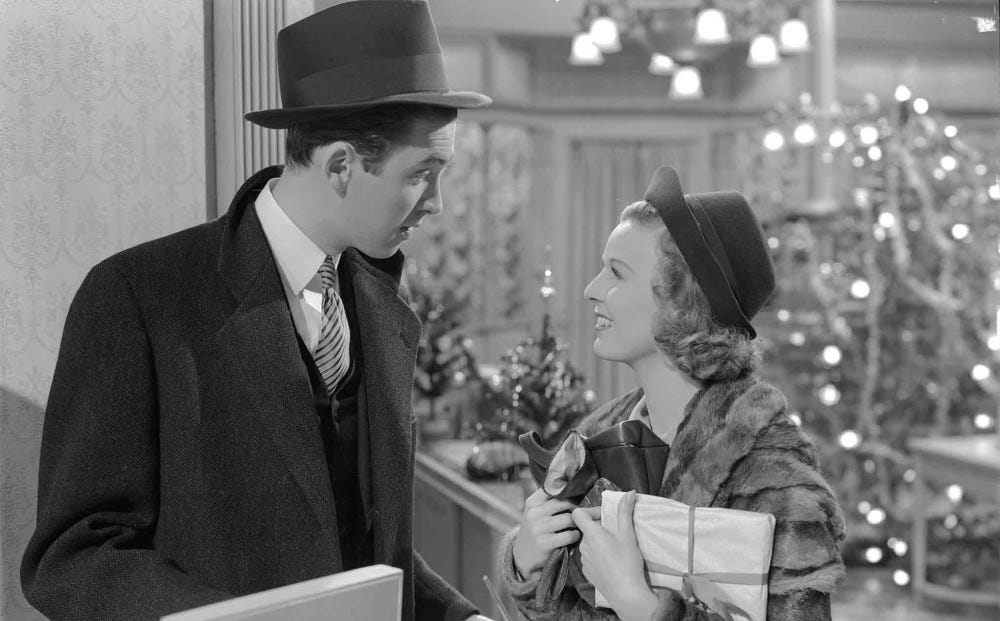Christmas Movies
Christmas was Friday but this newsletter comes out on Mondays so what can you do
Watching
Happiest Season (2020)
I am no expert in the art of the modern holiday romcom, but passing familiarity with the genre leads me to theorize that high jinks are its most basic building block. “My girlfriend’s niece and nephew hid an expensive necklace in my tote while we were window shopping at a jewelry store and now the mall police are investigat…




